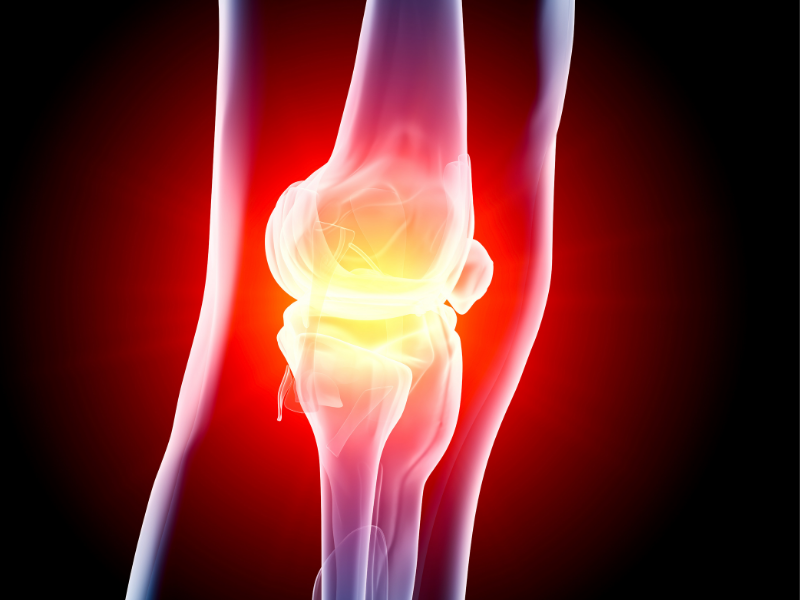
Featured Publication in Focus: Obesity alters the collagen organization and mechanical properties of murine cartilage
Apr 01 , 2021
Osteoarthritis is a debilitating disease characterized by cartilage degradation and altered cartilage mechanical properties. Furthermore, it is well established that obesity is a primary risk factor for osteoarthritis. The purpose of this study was to investigate the influence of obesity on the mechanical properties of murine knee cartilage. Two-month old wild type mice were fed either a normal diet or a high fat diet for 16 weeks. Atomic force microscopy-based nanoindentation was used to quantify the effective indentation modulus of medial femoral condyle cartilage.
----------------------
Product referenced:
Aggrecan monoclonal antibody to N-terminal neoepitope FFGV (Catalog 1042004)
----------------------
Osteoarthritis progression was graded using the OARSI system. Additionally, collagen organization was evaluated with picrosirius red staining imaged using polarized light microscopy. Significant differences between diet groups were assessed using t tests with p < 0.05. Following 16 weeks of a high fat diet, no significant differences in OARSI scoring were detected. However, we detected a significant difference in the effective indentation modulus between diet groups. The reduction in cartilage stiffness is likely the result of disrupted collagen organization in the superficial zone, as indicated by altered birefringence on polarized light microscopy. Collectively, these results suggest obesity is associated with changes in knee cartilage mechanical properties, which may be an early indicator of disease progression.
Collins, Amber T., Guoli Hu, Hunter Newman, Michael H. Reinsvold, Monique R. Goldsmith, John N. Twomey-Kozak, Holly A. Leddy, Scientific Reports volume 11, Article number: 1626 (2021)
